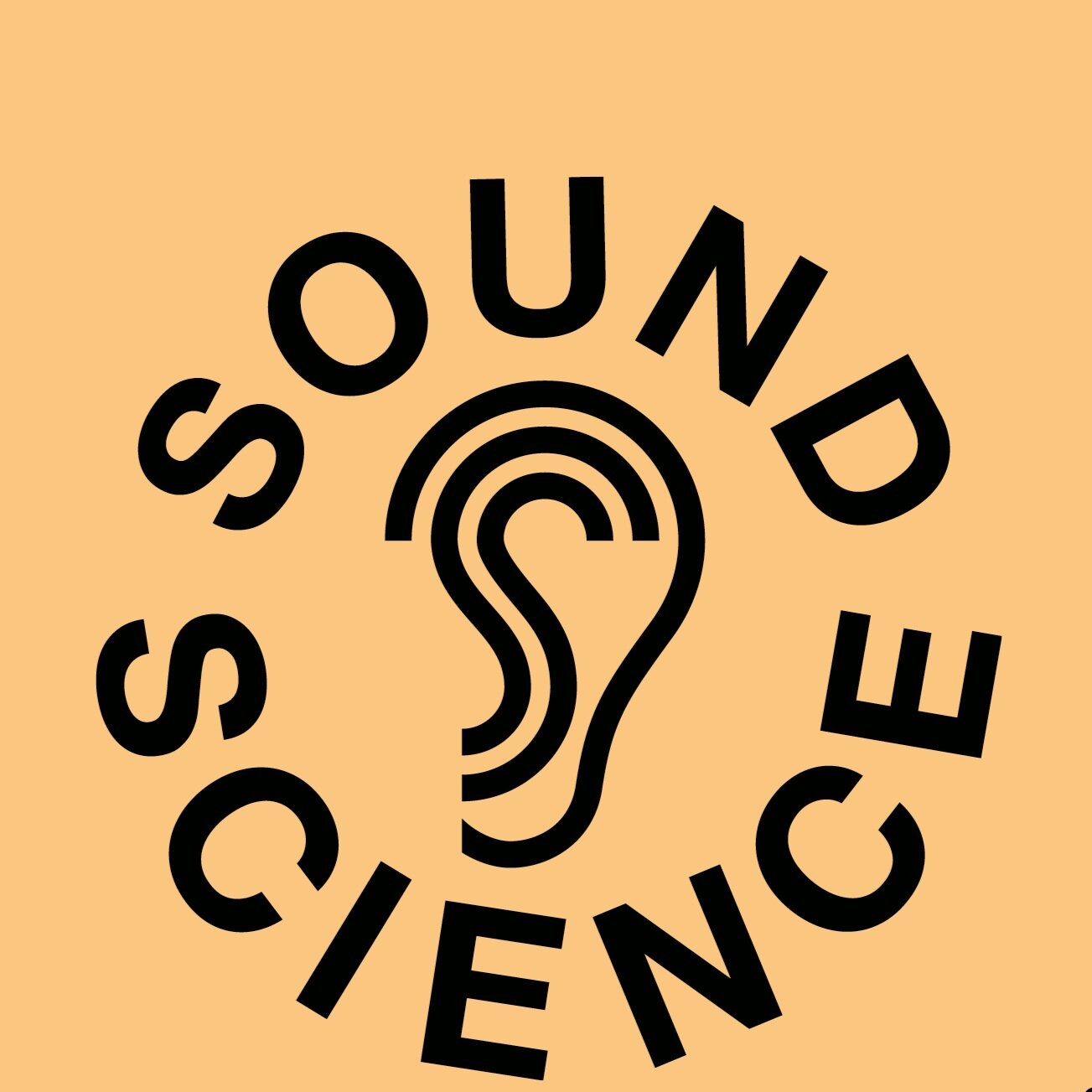Episode 2: Psychedelics in Science and Music
Special thanks to Piotr Szulc for sound editing.
The Psychedelic era of the mid-60s was a time of social, musical and artistic change influenced by psychedelic drugs, but behind the cultural curtain, a world of research was beginning to open up into the therapeutic potential of these drugs - one that was unfortunately short lived. In 1970, President Richard Nixon called the Harvard psychologist Timothy Leary, famously known for advocating the exploration of the therapeutic potential of psychedelic drugs as a cure-all for societies woes,"the most dangerous man in America". As a backlash to their role in the cultural upheaval of the 1960s, the majority of these drugs were declared illegal, driving hallucinogenic research and culture underground. But now, these drugs are in the midst of a revival, as new research indicates treatment options for a variety of mental illnesses and disorders, too valuable not to investigate. As psychedelic drug research bubbles back up to the surface in labs across the globe - we ask whether these drugs have a role beyond disease and if their use in creative practice will ever loose the stigma.
Guests
Professor Charles Grob
Dr Charles Grob, Professor of Psychiatry and Pediatrics at the UCLA School of Medicine talks to us about the turbulent history of psychedelic drug research.
Dr Charles Grob is Professor of Psychiatry and Pediatrics at the UCLA School of Medicine. He conducted the first government approved psychobiological research study of MDMA, and was the principal investigator of an international research project in the Brazilian Amazon studying the visionary plant brew, ayahuasca. He has also published the first approved research investigation in decades on the safety and efficacy of psilocybin in the treatment of anxiety in patients with advanced-stage cancer.
Rahel Debebe
Rahel, front woman of folk-prog-jazz band Hejira, talks to us about her experience of seeing colours and shapes when she hears music and how that has influenced her creativity.
Rahel, vocalist and song writer, has performed to sold-out audiences in venues such as the Royal Albert Hall and the Sydney Opera House. She plays vocals and bass in band Hejira, whose forthcoming album 'Thread of Gold' will be released in February 2019.
Track listing
Jefferson Airplane - White Rabbit
The Human League - The Things That Dreams Are Made Of
Steppenwolf - Magic Carpet Ride
The Moody Blues - Legend of a Mind
Pink Elephants On Parade (From "Dumbo")
The Doors - The Soft Parade
Jefferson Airplane - Embryonic Journey
Marion Brown - Once Upon A Time (A Children’s Tale)
The Chambers - Time Has Come Today
Jimi Hendrix - 1983 (A Merman I Should Turn to Be)
Luis Paniagua - Nanas De Sol
Sun Ra and His Arkestra - Nuclear War
The Beach Boys - Hang On To Your Ego
Zomby - Tarantula
The Beatles - Tomorrow Never Knows
The Beatles - Come Together
Jon Coltrane - Om
Pharoah Sanders - Astral Traveling
Alice Coltrane - Journey In Satchidananda (feat. Pharoah Sanders)
Hejira - Floating Test (Hejira X Floating Points)
Hejira - You
Polo & Pan - Nana
The Pharcyde - Illusions
The Free Design - Kites Are Fun
Supersempfft - I See Stars
Maxence Cyrin - Where Is My Mind (The Pixie Piano Cover)


